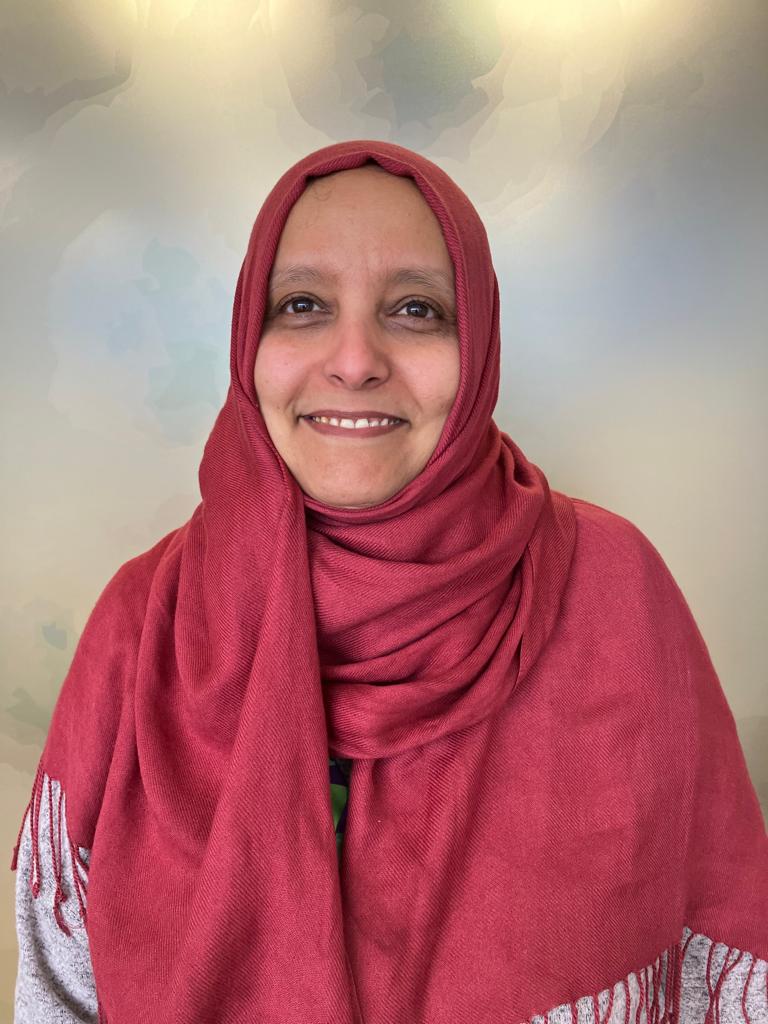
Shatha Omar
Postdoctoral Researcher
shatha@sun.ac.za



Shatha joined the Division of MBHG as a post-doctoral fellow in 2019. Her current research focuses on genetic characterization of NTM and their impact on macrophages during coinfection with M. tuberculosis. Shatha finished her Masters in 2008 determining the relationship between heat shock proteins (HSP's) and cell cycle regulator's proteins. She completed her PhD at the University of Cape Town, assessing the relationship between in vivo viral outgrowth in HIV-1 subtype C dual-infected individuals and Env entry efficiency, and to identify functional determinants of viral fitness as novel targets for drug and vaccine design.
 Johannes (Hanno) Loubser
Johannes (Hanno) Loubser
Postdoctoral Researcher
jloubser@sun.ac.za



Hanno is a molecular biologist with special interest in biotechnology, genetics, microbiology and bioinformatics. Since 2020, he is a postdoctoral researcher with the TB Genomics research group, where he is involved in next-generation sequencing analysis of MTBC. His projects of interest include the transmission dynamics of TB contacts, within-host microevolution of MDR-TB, the role of DNA methylation in drug resistance, optimizing nanopore sequencing for TB diagnostics, standardization of bioinformatic pipelines for MTBC epidemiology. He is also very passionate about capacity building and teaching.
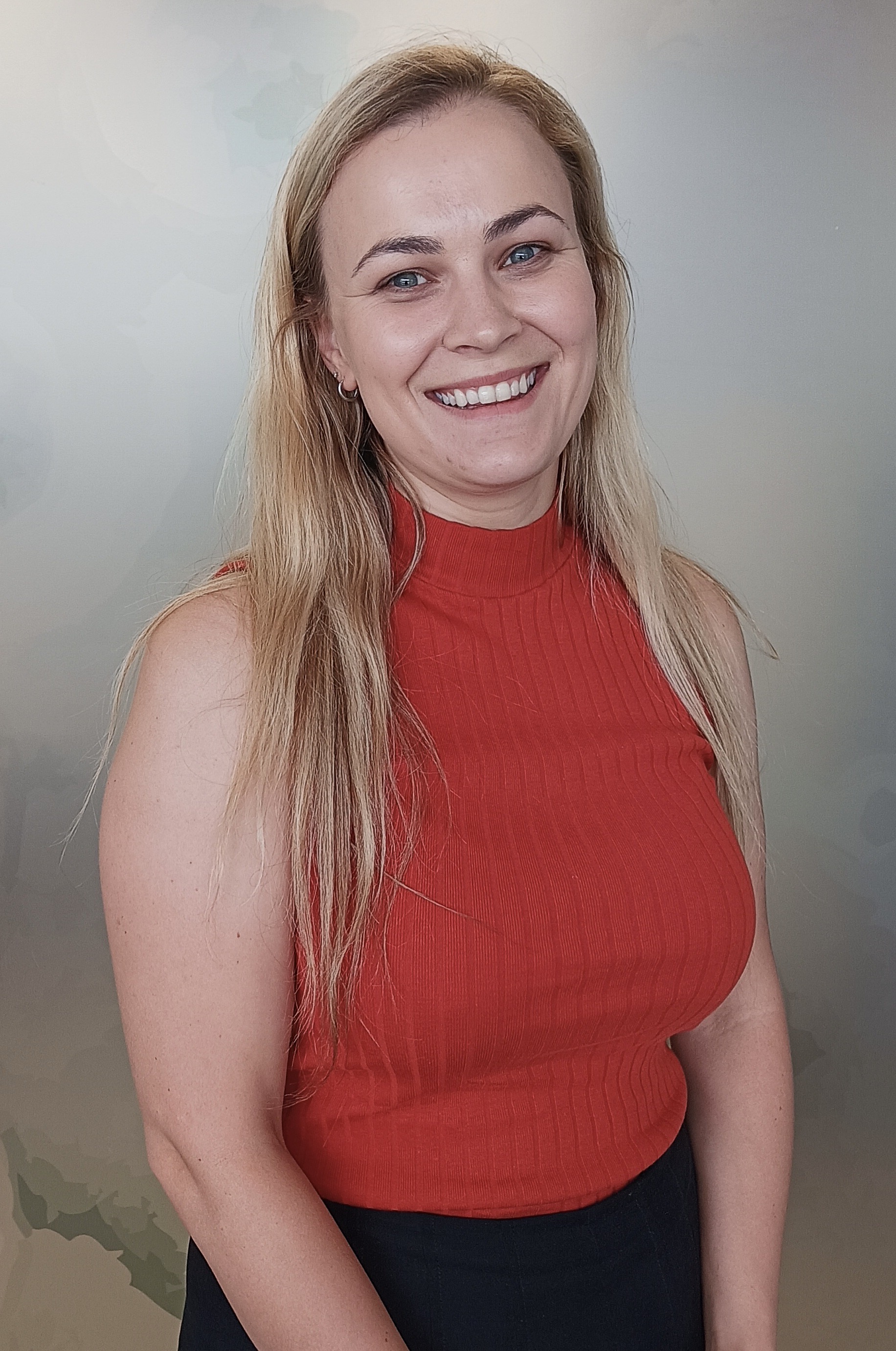
Nandi (Niemand) Wolhuter
Postdoctoral Researcher
nniemand@sun.ac.za



Nandi obtained her PhD in Molecular Biology, focussing on mycobacterial physiology, investigating, and characterizing the role of a novel protein involved in the iron-sulfur cluster biogenesis system. She joined the TB Genomics group as part of her postdoctoral fellowship focussing on a study titled “Transmission of tuberculosis among illicit drug use linkages”. A specific area of interest is understanding M. tuberculosis and HIV transmission under at-risk key populations in high TB and HIV prevalent settings. To understand ongoing transmission in people who smoke illicit drugs, she is actively involved in the analysis of the mycobacterial and HIV viral whole genome sequences, and host-blood transcriptomic TB signatures.
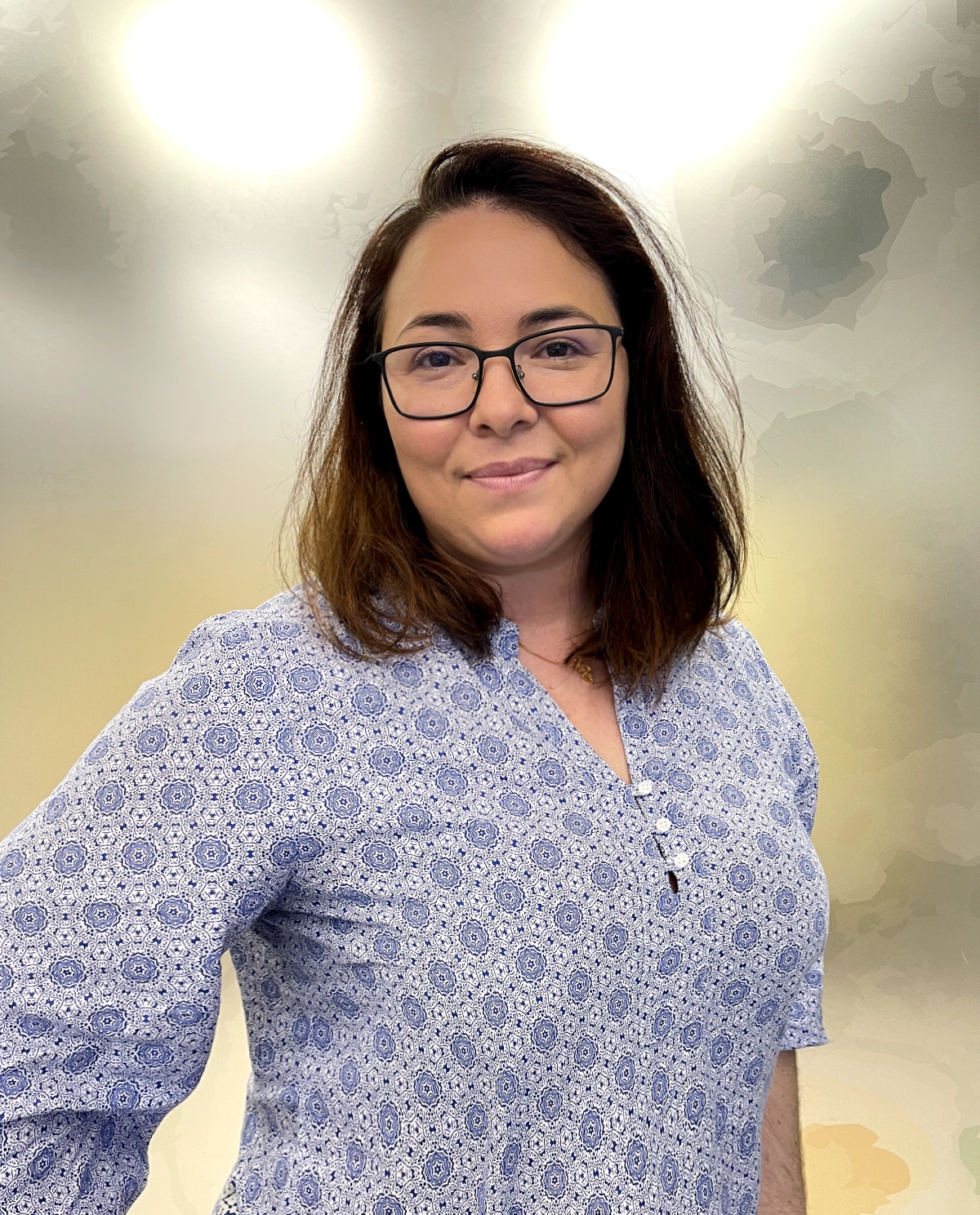
Emilyn Costa Conceicao
Postdoctoral Researcher
emilyncosta@sun.ac.za



Emilyn is a Biologist (Federal University of Para), holding a masters degree in Infectious Disease (State University of Para) and a PhD in Microbiology (Federal University of Rio de Janeiro/Paris-Sud University). Emilyn joined the Division of MBHG as a postdoctoral fellow in 2021. Her current research focuses on NGS for precision medicine and precision public health under the consortia TORCH (SMARTT trial), GenPAth (PARR-TB) and REVIGET-Brazil. Emilyn has experience in clinical trials and routine diagnostics focusing on molecular biology applied to MTBC, NTM and Mycobacterium leprae. She is interested in genomic-epidemiology, drug-resistance, bioinformatics and scientific communication and dissemination.

Brendon Mann
Postdoctoral Researcher
bcmann@sun.ac.za


Brendon joined the Division of MBHG as a postdoctoral fellow in 2021. He earned his BSc Honours in Environmental Sciences and MSc in Microbiology from North-West University, where he investigated environmental antimicrobial resistance in wastewater. He then completed his PhD in Pharmaceutical Sciences at the DSI/NWU PCDDP, focusing on the human respiratory microbiome and its response to tuberculosis treatment. His current research explores M. tuberculosis genomic diversity and its link to treatment outcomes while developing protocols for M. tuberculosis cellular and DNA enrichment from direct patient samples, aiming to improve diagnostic and genomic analysis methods for tuberculosis
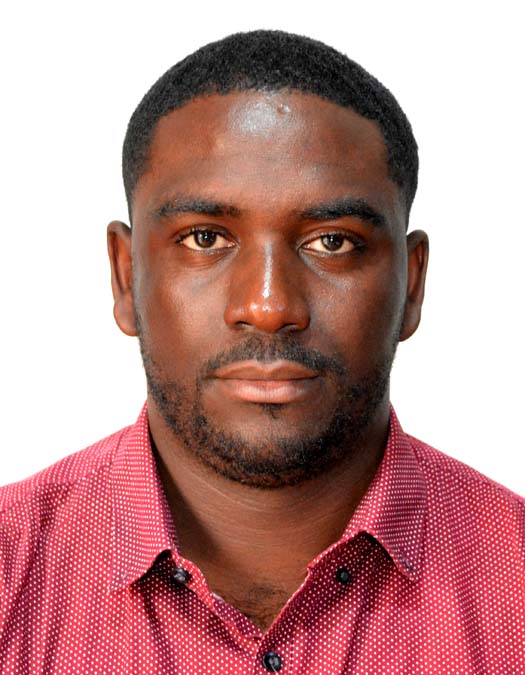 Justice Tresor N Ngom
Justice Tresor N Ngom
Postdoctoral Researcher
justicengom@sun.ac.za


Justice joined the TB Genomics group in 2021 as a PhD student and earned his degree in 2024. He seeks to integrate Molecular Biology and Bioinformatics techniques to elucidate molecular epidemiology, resistance mechanisms, and the evolution of strains responsible for drug-resistant tuberculosis. The Justice’s current focus is on using the NGS method (WGS) to decipher the impact of changes in treatment strategies on the XDR-TB population structure in the Western Cape Province over time.
STUDENTS

Janré Steyn
Doctoral candidate
janre@sun.ac.za



Project Description: To evaluate a targeted sequencing-based approach using Deeplex for rapid determination of drug resistance profiles of M. tuberculosis as part of the clinical trial Pragmatic Use of Next-generation Sequencing for Management of Drug-resistant Tuberculosis (TSELiOT).

Christoffel J Opperman
Doctoral candidate
14487616@sun.ac.za
Project Description: The study aims to: 1) Describe NTMs that are clinically relevant using descriptive epidemiology, spatial mapping, and clinical analysis of cases diagnosed in the Western Cape - a retrospective study over six years. 2) Prospectively, characterize Mycobacterium species with WGS, Sanger sequencing, and proteomics (MALDI-TOF) that remained unidentified following the Mycobacterium CM/AS line probe assay (LPA) performed on clinical samples within the NHLS, Green Point complex, TB-laboratory, Cape Town. 3) Illustrate the antibiotic susceptibility profiles of clinically relevant NTM isolates in the Western Cape, collected prospectively, with the NTM-DR LPA, Sensititre Mycobacteriaplates, and proportional method (BACTEC MGIT 960 system).

Sarishna Singh
Doctoral candidate
sarishna.singh@nhls.ac.za


Project Description: Isoniazid-resistant (INH-R) tuberculosis in the Western Cape, a descriptive study of clinical characteristics and outcomes. We aim to describe the epidemiology of NH-R in patients living in the Western Cape Province with the objectives: 1) a retrospective description of the NH-R in patients diagnosed over a five-year period (2017-2022); 2) Identify the percentage of patients within this cohort that gained additional resistance; 3) Prospectively determine the burden of NH-R; 4) Compare treatment outcomes in patients with NH-R to treatment outcomes in patients with drug-susceptible TB in both periods; and 5) Determine the areas where NH-R is concentrated (hotspots).

Tuelo Mogashoa
Doctoral candidate
22385924@sun.ac.za



Project Description: Tuelo’s project is based on using next-generation sequencing to characterize rifampicin-resistant M. tuberculosis strains circulating in Botswana. Her project will also evaluate transmission dynamics of rifampicin-resistant M. tuberculosis strains as well as evaluate treatment outcomes and factors associated with unsuccessful treatment outcomes among people diagnosed with rifampicin-resistant tuberculosis (RR-TB). Data from this project will provide insights into the molecular epidemiology of RR-TB in Botswana. She is interested in TB molecular epidemiology, drug resistance, and bioinformatics and is very passionate about capacity building.
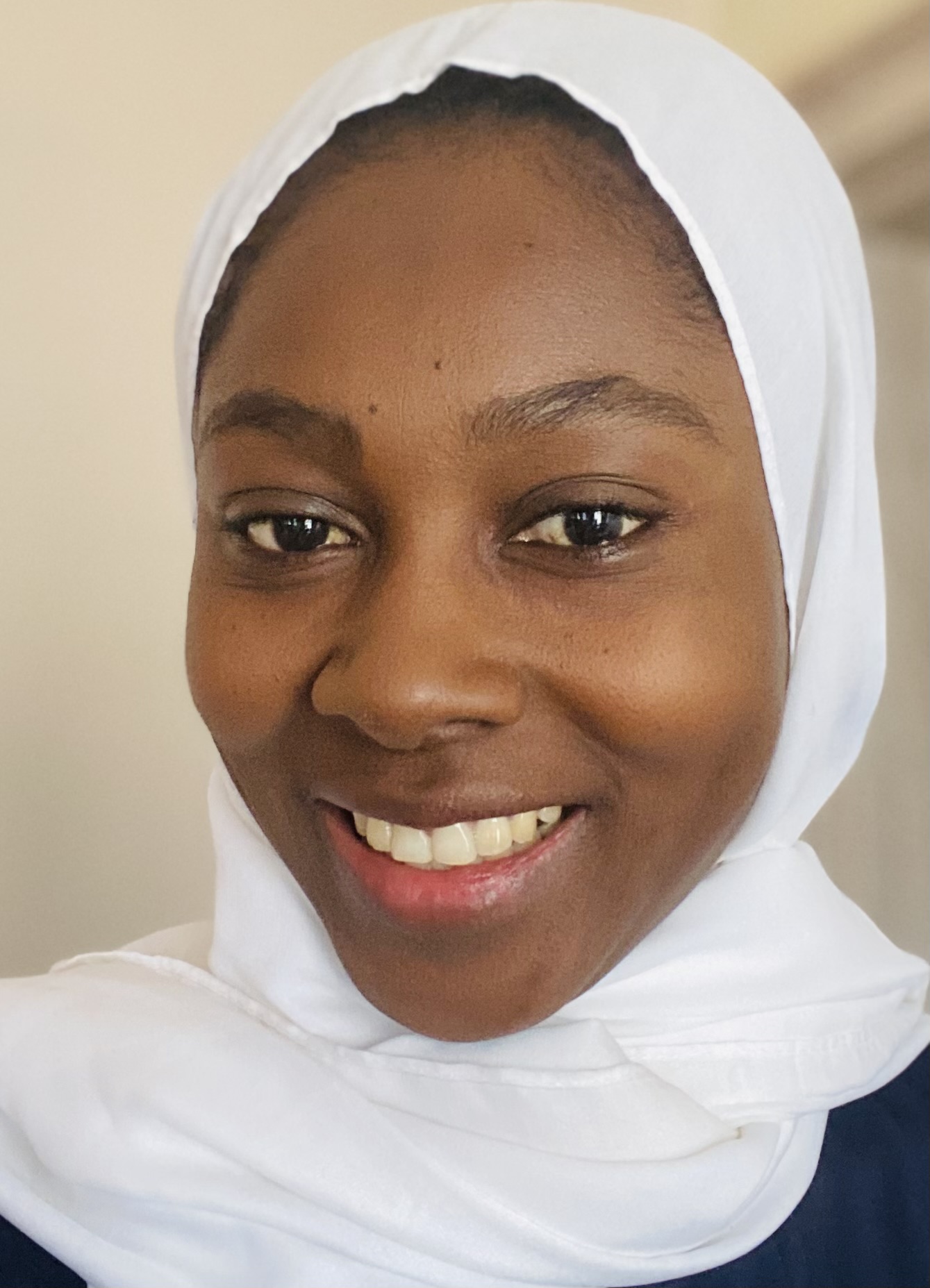
Zainab Kashim-Bello
Doctoral candidate
zainabkb@sun.ac.za

Project Description: Comparison of different outbreaks of MDR-TB in Western Cape province targeting genetic polymorphisms, drug-resistance conferring and compensatory mutations using WGS Analysis of the genomes of MDR-TB strains in the Western Cape Province, South Africa over a 12-year period will provide information about the changes in strain diversity, the potential to identify new possible outbreaks, and with early intervention, i.e. rapid diagnostics, early personalized treatment regimens, and close monitoring of patients. The study will also provide information on which drug combinations could potentially be more effective in specific communities, since there will be comparison of outbreaks amongst different communities.
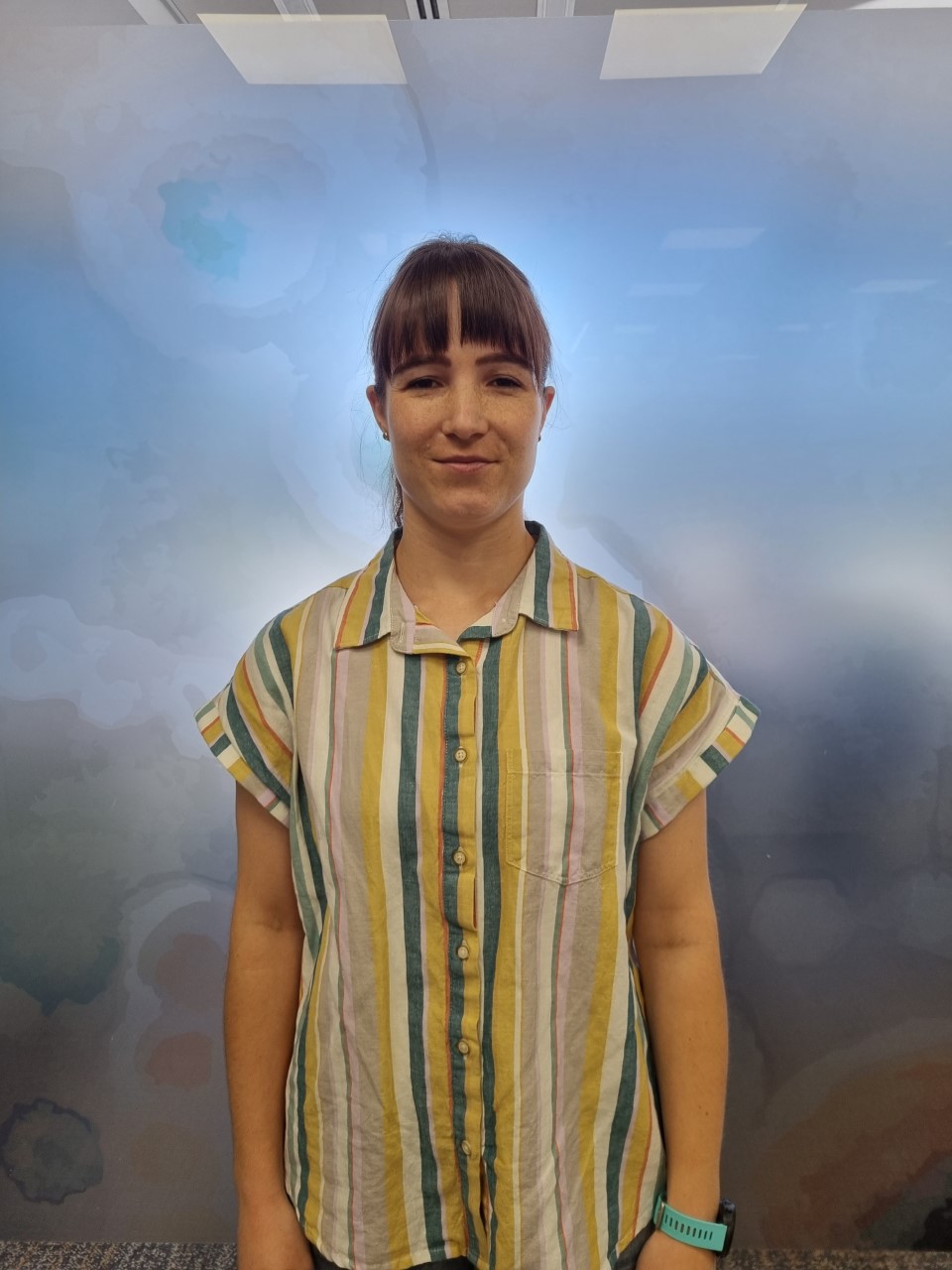 Jennifer Williams
Jennifer Williams
Doctoral candidate
williamsj@sun.ac.za


Project Description: Jennifer’s interest in antimicrobial resistance started in 2016 during her honours year at the North-West University, where she focussed on detecting kanamycin resistance-conferring genes. She completed her MSc in pharmaceutical sciences with her project, where she compared and evaluated molecular based TB drug resistance detection methods. During her studies, she worked as a laboratory demonstrator, completed a two-year internship at the Preclinical Drug Development Platform, and more recently, worked as an assistant in a pharmacy. She joined TB Genomics research group as a research assistant in November 2022 and is currently involved in a targeted sequencing-based evaluation study.

Morwatshehla Modjadji
Doctoral candidate
modjadji@sun.ac.za

Project Description: Portable diagnostics of M. tuberculosis: The study aims to evaluate targeted deep sequencing to detect drug-resistance causing mutations in M. tuberculosis using portable instruments, which will be achieved by setting up targeted deep sequencing on MinION using either purified DNA or DNA extracts from early positive cultures.

Labeeqah Harris
Masters candidate
lharris@sun.ac.za

Project Description: Determining the role of an inhA genomic mutation in the cell wall of M. tuberculosis. The inhA promoter region contains genes involved in the synthesis of mycolic acid, which are an integral part of the M. tuberculosis cell wall. We are evaluating whether there is a difference in cell wall composition between M. tuberculosis wild type and an inhA promoter mutation by analyzing extracted mycolic acid, evaluating membrane fluidity and integrity; and comparing cell wall thickness using various microscopy techniques. This project will contribute to understanding the role of inhA promoter mutations as an additional compensatory mutation in drug-resistant isolates.
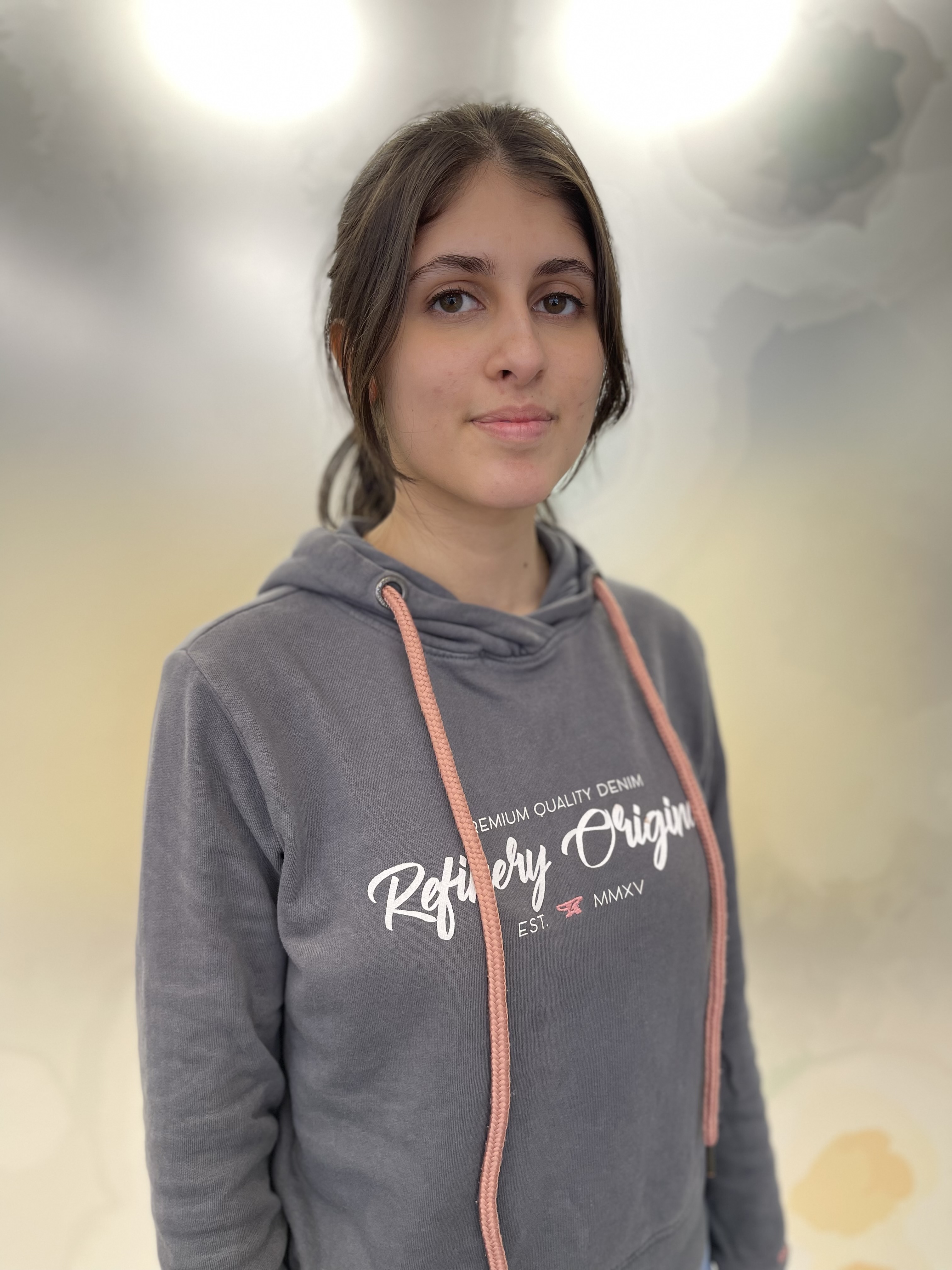 Mishka Haffejee
Mishka Haffejee
Masters candidate
21696705@sun.ac.za

Project Description: Deciphering the Evolution of drug-resistant Mycobacterium tuberculosis: A genomic perspective. This study aims to genetically characterise the evolutionary trajectory of a drug-resistant tuberculosis outbreak strain that has been ongoing for 30 years in an epidemiological field site and surroundings in the Western Cape via whole-genome sequencing. Analysis and comparison of the evolution of the outbreak strain over 30 years can significantly contribute to improved TB control and regimen programs by potential discoveries of new outbreaks, new anti-TB drugs and diagnostic tools due to modern intervention.
 Kamvelihle Menze
Kamvelihle Menze
Masters candidate
27669351@sun.ac.za

Project Description: Advancement of a fluorogenic probe for use in phenotypic drug-susceptibility testing for Mycobacterium tuberculosis. This study focuses on developing a phenotypic test for second-line resistance that is more rapid than traditional methods. The probes exploit the mycobacterial cell wall synthesis machinery to allow metabolic incorporation into the cell wall, where it fluoresces due to the hydrophobic environment. This mechanism of inducing a fluorescent signal allows detection of live bacteria.

